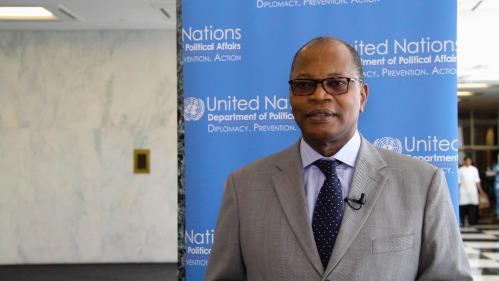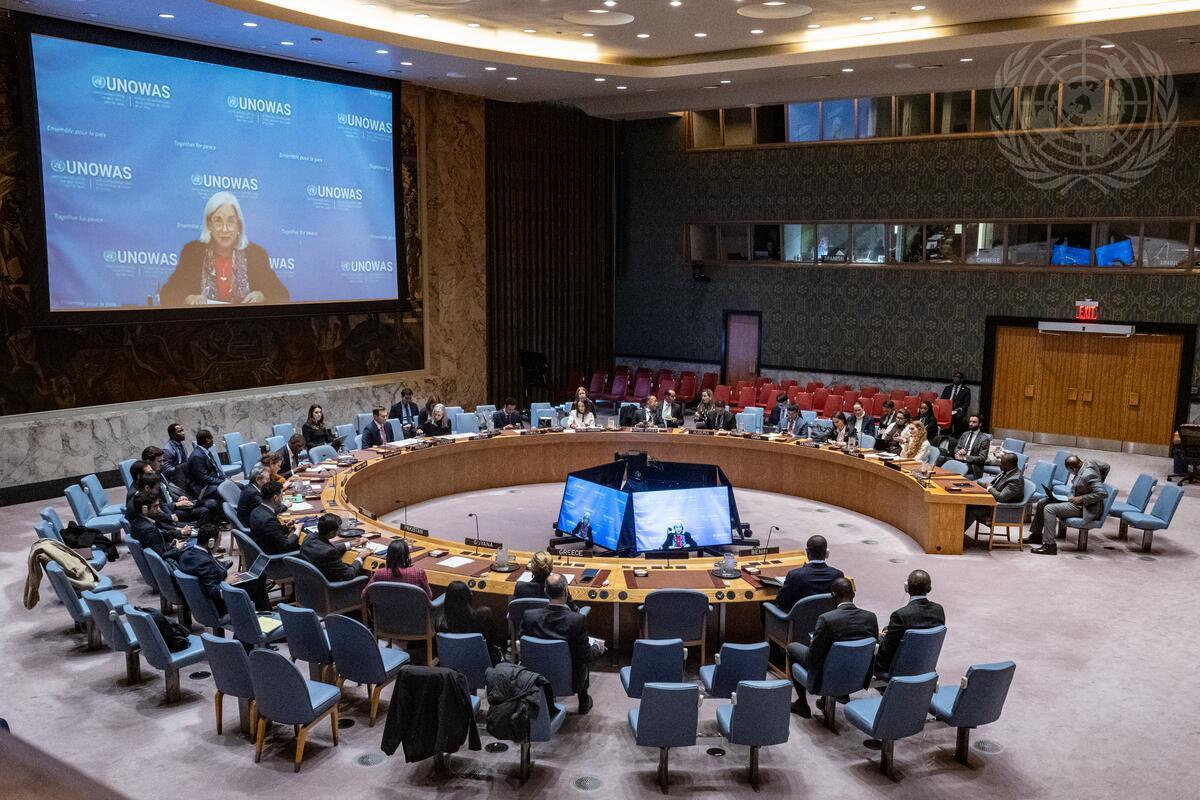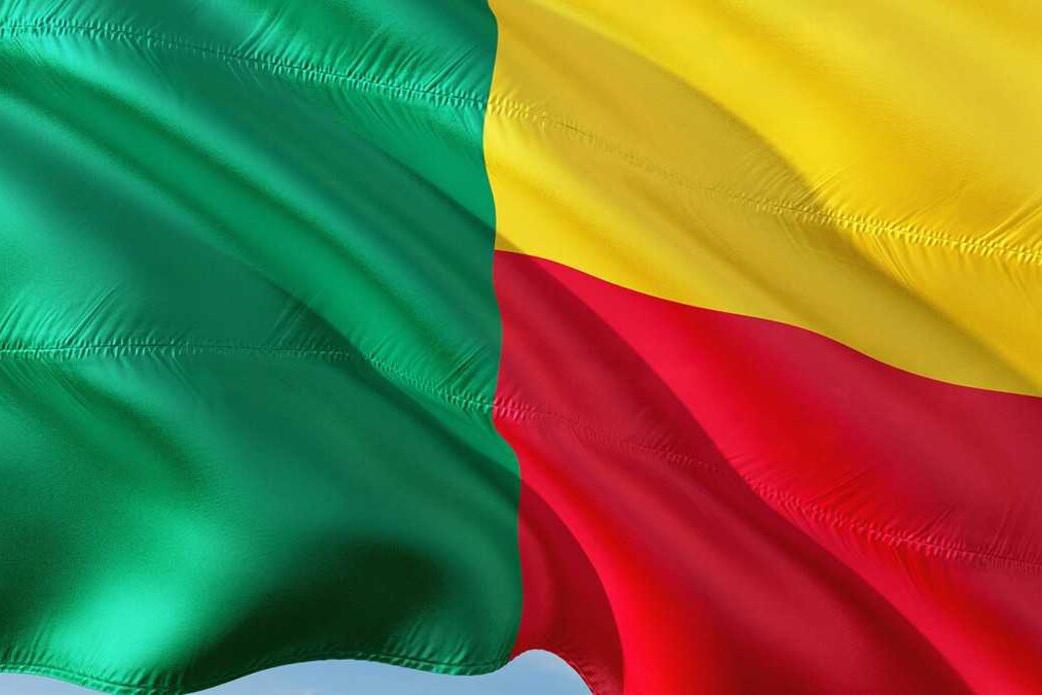On the occasion of the high-level segment of the General Assembly, we spoke with the Secretary-General’s Special Representative for West Africa and the Sahel, Mohamed Ibn Chambas, about the challenges the region is facing, the economic growth that comes from good governance and the role of his office in helping countries strengthen their ability to prevent and overcome conflict.
Politically Speaking: What is the biggest challenge that West Africa and the Sahel face today?
Mohamed Ibn Chambas: The biggest challenge in West Africa and the Sahel region remains the fight against terrorism, both in the Northeast of Nigeria and the Lake Chad basin countries, and the north of Mali and the Sahel area.
We have heard much about Africa’s economic boom. Is ‘Africa Rising’ evident in the region?
Absolutely. The positive indications of a steady consolidation of democratic governance, good economic recovery and even in some of the toughest security challenges good signs of progress. What do I mean by the consolidation of democratic governance? In the last two years, 2015, 2016, we have had seven very successful elections, some of which have led to a transition from the governing parties to opposition, such as in Nigeria, Benin, Cape Verde. This is remarkable progress for a region which not too long ago was governed largely by military rulers. In the area of economic recovery, we have seen the countries all implement strong economic reform policies. And the region as a whole is projected to grow at 4.5 per cent, which is fairly strong globally, in the face of the economic challenges that we have witnessed, with the fall in commodity prices, the global recession, etc. Some countries are doing exceptionally well, such as Cote d’Ivoire, which is experiencing strong growth of as much as 8 per cent. In Ghana, recovery has been strong following the International Monetary Fund programs that have been introduced. So, on the whole, this is a region experiencing a strong recovery from global recession and is on the path of solid economic growth.
Has the recent merger of your office and the Office of the Special Envoy for the Sahel, mandated by the Security Council in January this year, been successful? Are there any issues remaining?
It has been highly successful; we are fully integrated. I have personally visited all the Sahel countries. I visited the headquarters of the Permanent Secretariat of the G5 Sahel countries. I have interacted with the Permanent Secretary-General and his team, we have agreed on a number of issue we will work on, such as working with them to establish a good early warning mechanism, working together on the issue of youth and women at community levels and also working together on the issue of preventing violent extremism. These are all issues that we share common perspectives on, we share common objectives on and we are determined to work in support of the Permanent Secretariat of the G5 Sahel, so that they’re able to realize their own clearly determined priority programs, that they have defined.
What was the aim of your visit to the General Assembly this year and how much have you achieved?
This is a session where one has the opportunity for interaction with the highest authorities of the countries with which we work, West Africa and the Sahel countries, and it has been a most fruitful visit. I have been privileged to participate in all the meetings the Secretary-General has had with all these heads of State. In the margins, I have been able to have meetings where we have been able to discuss in more detail their own concerns, their own challenges and how the UN can always be a strong partner with them, coordinating with the country teams, which are deployed in all these countries, but also being a spokesperson and being able to marshal the support of international partners for the West African and the Sahel countries to face the numerous challenges that confront them.
Chambas, @UN West Africa and #Sahel Representative, on region on the rise despite big challenges. #UNGA@UN_UNOWAShttps://t.co/i3CJOarfCopic.twitter.com/Nwilw0xqAD
— UN Political Affairs (@UN_DPA) September 28, 2016






